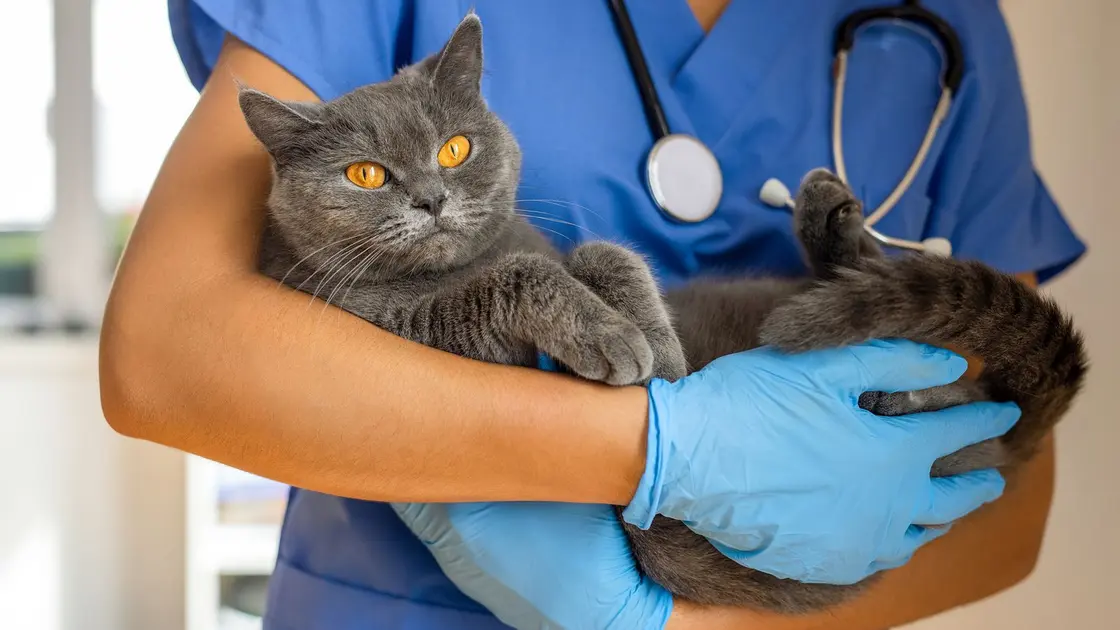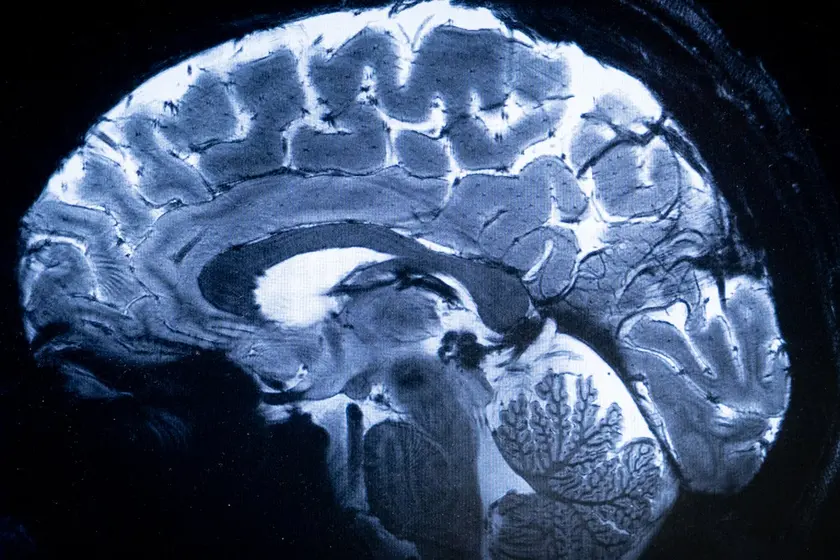T4K3.news
Cat dementia study offers human model
New research shows cats naturally develop dementia-like brain changes and may serve as a model for human Alzheimer's, with potential benefits for treatment and pet care.

A study suggests naturally aging cats develop dementia in ways that could help research into human Alzheimer's and feline care.
Cats Dementia Findings Create Model for Human Alzheimer's
A team at the University of Edinburgh studied 25 cats that showed dementia-like symptoms such as confusion, sleep disruption and increased vocalisation after death. They examined brain tissue and found amyloid-beta buildup in synapses, a hallmark of Alzheimer's disease. Researchers called the findings a perfect natural model for Alzheimer's, noting that cats naturally develop these brain changes, offering a model closer to human disease than traditional laboratory animals.
The study, conducted with partners in California and funded by Wellcome and the UK Dementia Research Institute, suggests cats could help test new treatments for human Alzheimer's and also improve care for aging felines. Experts caution that translating findings from cats to humans will take time, and the model does not replace clinical trials in people.
Key Takeaways
"This opens the door to exploring whether promising new treatments for human Alzheimer's disease could also help our ageing pets."
Statement by study lead Dr Robert McGeachan on cross-species benefits
"Because cats naturally develop these brain changes, they may also offer a more accurate model of the disease than traditional laboratory animals, ultimately benefiting both species and their caregivers."
Explains why cats could be a better model than lab animals
"perfect natural model for Alzheimer's"
Phrase used by researchers to describe the cat findings
The study is promising, but caution is needed. A natural model helps avoid some biases of rodent studies, yet feline dementia may differ in causes and progression from human Alzheimer's. The work highlights a shift toward models based on naturally aging animals, which could speed early-stage testing while potentially complicating regulatory pathways. Industry and academia should align expectations around what a cat model can and cannot tell us about human disease.
Funding from Wellcome and the UK Dementia Research Institute signals continued investment in cross-species research. If cat brains prove to be a reliable model, the field could see a broader push to study cognitive aging in pets alongside people, shaping drug development, diagnostics and even pet care practices.
Highlights
- A natural test bed may rewrite dementia research.
- Our aging cats could unlock new doors in brain health.
- Living room science could speed up breakthroughs.
- From whiskers to memory, cures may start with cats.
Science moves when we look where we live and where we share our aging years.
Enjoyed this? Let your friends know!
Related News

Cats show dementia like humans

New study links lithium deficiency to Alzheimer's disease

AI Diet Shows Promise in Reducing Dementia Risk

Nose Picking Linked to Brain Changes in Mouse Study

COVID-19 Linked to Alzheimer’s-Like Changes

Spring-Block Theory Advances Feature Learning

Wildfire smoke forecasting tools reviewed

Mitochondria link to dementia symptoms
